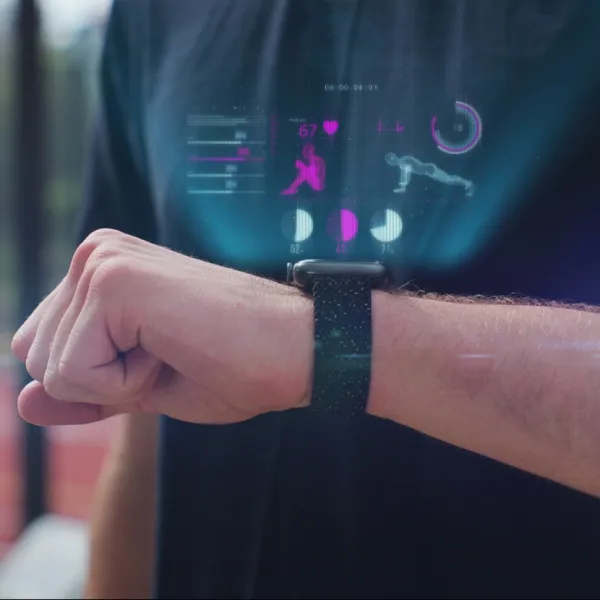AWS & Symplr Collaborate to Advance Healthcare Automation in the US

This partnership aims to revolutionize healthcare workflows by integrating AI assistants, streamlining complex processes, and alleviating mundane tasks for healthcare professionals.
Global cloud computing platform, Amazon Web Services (AWS) has joined forces with Symplr, a leading enterprise healthcare operations software company to revolutionize healthcare workflows by integrating AI assistants.
This partnership, announced at the Healthcare Information and Management Systems Society (HIMSS24), seeks to streamline complex processes and alleviate mundane tasks for healthcare professionals.
As part of this partnership, Symplr, and AWS will leverage their existing AI and ML capabilities while developing new AI solutions, such as generative AI.
This move will be able to drive operational efficiency and productivity gains within the healthcare industry.
Sharing thoughts, Brian Fugere, chief product officer, Symplr, said, "Our partnership with Amazon Web Services on advanced artificial intelligence will help us take healthcare operations to the next level so that we can deliver even greater value to our customers."
Empowering Healthcare Workforce with Augmented Intelligence
The integration of AI assistants aims to function as personal aides, assisting healthcare staff in scheduling, conflict management, and administrative duties.
"Using augmented workforce intelligence as a personal assistant can ease staff scheduling, manage conflicts, and complete administrative duties giving time back to nurse managers and frontline staff. Symplr is one of the few healthcare operations software companies adopting an enterprise-level AI/ML integration approach,” Fugure added.
Having initiated using AWS cloud services over three years ago, Symplr continues to build on its partnership with AWS to develop AI solutions tailored to the healthcare industry.
Further, executives highlighted the strategic importance of this collaboration, emphasizing Symplr's transition towards AI-driven solutions to meet the dynamic needs of healthcare organizations.
Additionally, Symplr's recent purchase of Conduent's Midas Suite of Solutions strengthens its ability to provide healthcare providers with comprehensive, cloud-based data management solutions.
Moreover, this suite encompasses patient safety, quality, and advanced analytics solutions, such as DataVision and Statit, utilized by 2,200 healthcare facilities.
Drawing from a vast databank of over 100 million claims and comparative data from 800 hospitals, the suite offers interventions for strategic guidance, tactical plans, and care management.
Symplr's Expansion & Impact on Healthcare Practices
Following its acquisition of Conduent’s Midas Suite of Solutions, Symplr unveiled four product suites to enhance healthcare system efficiencies.
With nine out of every ten US hospitals and health systems already leveraging Symplr’s technologies, the company continues to drive innovation and expand its reach in the healthcare landscape.
In addition to its collaboration with AWS, Symplr also partnered with WebMD to enhance patient engagement and access to healthcare services. Patients can seamlessly schedule appointments with participating providers through Symplr’s provider data management search platform.
Stay tuned for more such updates on Digital Health News





























